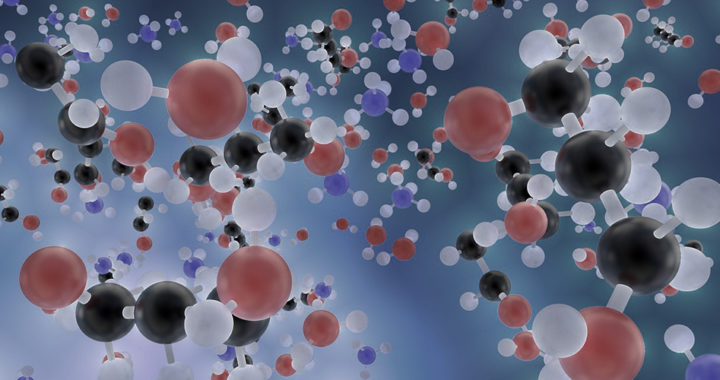Electrolytes are substances that produce an electrically conducting solution when dissolved in water or other polar solvents. Higher organisms such as the human body need to maintain a sensitive and complex electrolyte balance between their intracellular and extracellular environments. In the same organisms, the primary ions of electrolytes are sodium, potassium, calcium, magnesium, chloride, and hydrogen phosphate.
The Three Major Roles of Electrolytes in the Human Body
1. Fluid Balance for the Maintenance of Homeostasis
Fluid balance is important in the maintenance of homeostasis in the human body. Note that homoeostasis is the state of steady internal conditions needed to maintain proper body functioning. In the case of fluid balance, the core principle is that the amount of water lost from the body must equal the amount of water taken in.
Electrolytes play a role in maintaining fluid balance both at the intracellular and extracellular levels. To be specific, intracellular fluids are dominated by potassium and phosphate ions while extracellular fluids are preponderated by sodium and chloride. These electrolytes maintain fluid balance inside and outside the cells through osmotic pressure.
An increased concentration of substances either from the intracellular or extracellular environment would draw water from the other. Consider the case of water intoxication. Consumption of large amounts of water leads to the dissolution of sodium in the extracellular fluids. To cope with this, the water naturally enters the cells, thus increasing the volume of intracellular fluids and leading to cellular swelling.
Nevertheless, an adequate level of electrolytes in both intracellular and extracellular fluids is a determinant of fluid balance. In other words, the same appropriate level of electrolytes is one of the variables of homeostasis.
2. Maintenance of Acid-Base Balance in the Blood
Another function of electrolytes in the human body is the maintenance of acid-base balance in the blood. The balance is determined by blood pH level. Blood acidity increases when the level of acidic compounds in the body rises or when the level of basic or alkaline compound falls. Blood alkalinity increases when the level of alkaline increases or when the level of acid decreases.
The acid-base balance of the blood is precisely controlled by different mechanisms. The lungs play a primary role in releasing carbon dioxide. Note that carbon dioxide is a mildly acidic waste product of metabolism. The kidneys help in excreting acidic or alkaline compounds in the body although their effect on blood pH level takes several days.
Another mechanism for maintaining acid-base balance is fluid balance and electrolyte balance. All of these three are interlinked with one another. Hence, an electrolyte imbalance leads to a fluid imbalance that in turn, would lead to an acid-base imbalance.
Essentially, both electrolyte balance and fluid balance are needed in the maintenance of proper hydration levels in the body. It is worth mentioning that dehydration results in a decrease in the pH or metabolic acidosis while overhydration results in an increase in the pH or metabolic alkalosis.
3. Role in the Activities of Muscles and Nerves
Electric current is needed in the proper functioning of muscle cells and nerve cells and thereby, muscle tissues and neurons. Remember that electrolytes produce an electrically conducting solution when dissolved in water or other polar solvents. Muscles and neurons are activated by electrolyte activity between the extracellular and intracellular fluid.
For example, calcium, sodium, and potassium are required in muscle contraction. This contraction occurs through an electrical stimulus. To be specific, in skeletal muscles, the brain sends electrochemical signals through the nervous system to the motor neuron that innervates several muscle fibers. In smooth muscles, contraction is partly influenced by spontaneous electrical activity. Nonetheless, low levels of these electrolytes result in either muscle weakness or severe muscle contraction.
Electrolytes also have specific roles in proper brain functioning and neural activities. Remember that the entire nervous system depends on electrical signaling. Sodium gives the inside of the nerve cell an electrical charge while potassium neutralizes the charged cell to reestablish resting state. Magnesium prompts the activation of enzymes that control the flow of sodium and potassium into and out of the nerve cells. The interplay between these electrolytes is vital to the electrical signaling between neurons.

